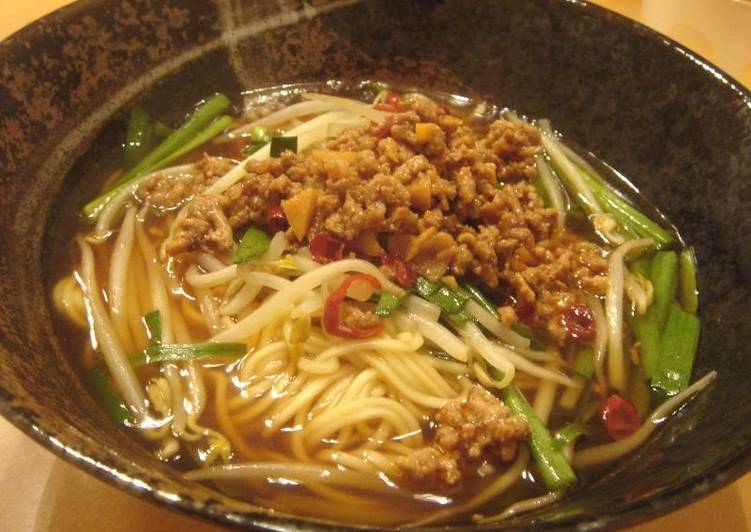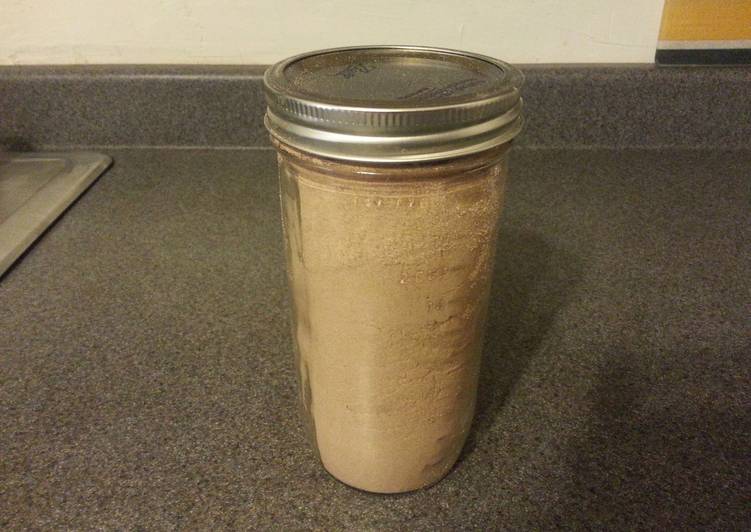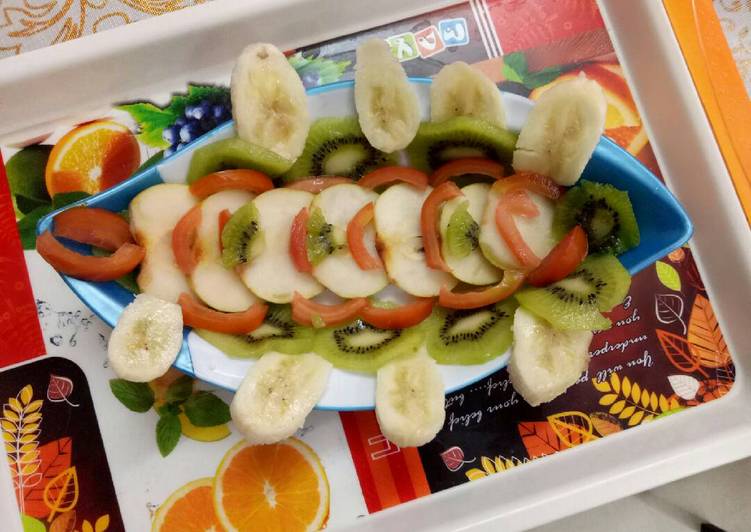
Hello everybody, hope you’re having an amazing day today. Today, I will show you a way to prepare a special dish, a nagoya speciality misen-style taiwanese ramen. One of my favorites. For mine, I’m gonna make it a bit tasty. This will be really delicious.
A Nagoya Speciality Misen-Style Taiwanese Ramen. Here is how you cook it. Ingredients of A Nagoya Speciality Misen-Style Taiwanese Ramen.
A Nagoya Speciality Misen-Style Taiwanese Ramen is one of the most popular of recent trending meals on earth. It is appreciated by millions every day. It is simple, it is fast, it tastes delicious. A Nagoya Speciality Misen-Style Taiwanese Ramen is something which I have loved my entire life. They’re fine and they look wonderful.
To begin with this recipe, we must first prepare a few components. You can cook a nagoya speciality misen-style taiwanese ramen using 7 ingredients and 7 steps. Here is how you cook it.
The ingredients needed to make A Nagoya Speciality Misen-Style Taiwanese Ramen:
- Make ready 100 grams Ground pork
- Take 2 clove Garlice (homemade pickled garlic with soy sauce)
- Prepare 5 Red chili peppers
- Make ready 2 tsp Doubanjiang
- Prepare 1/2 bag Bean sprouts
- Prepare 1/2 bag Chinese chives
- Get 2 portions Store-bought soy sauce flavoured ramen noodles
Finally I tried to make my own. I've almost achieved the taste I was looking for after the second try. Nagoya-Style Super-Spicy Taiwan Ramen After leaving Nagoya, I wanted to be able to experience the taste of Misen Ramen, so I looked into how to make it. Adjust the spiciness to your liking.
Instructions to make A Nagoya Speciality Misen-Style Taiwanese Ramen:
- Roughly mince the garlic. Remove seeds from the red hot peppers. (You don't have to remove them completely.) Chop them into small rounds. Wash the bean sprouts. Wash the Chinese chives, and chop into 5 cm lengths.
- Pour a little bit of vegetable oil in a wok, and stir-fry the garlic, half of red chili peppers, and Doubanjiang.
- When fragrant, add the ground meat. When the colour of the meat changes, add the 1 tablespoon of soy sauce from the pickled garlic. Turn off the heat, and transfer to a plate.
- Please don't wash the wok from Step 2. Add the instructed amount of water on the package. I used 500 ml of water for 2 servings this time, and remaining red hot peppers, then turn on the heat.
- When the water from Step 4 starts to boil, add the sauce for the soup, and bring to a boil again, then turn off the heat. (Usually you have to turn off the heat before adding the sauce.)
- Boil water in a separate pot for cooking the noodles. When you add the noodles in boiling water, simultaneously add the bean sprouts to the Step 5 pot, and turn on the heat. Add the Chinese chives to the soup 30 seconds before the noodles are ready.
- Drain the noodles, pour the Step 6 soup over, and add the Step 3 meat on top, then done.
For the ramen, I recommend uncooked fresh ramen with soup packets, but instant ramen is also fine. Soy sauce flavor is the standard, but miso and salt are. Nagoya's cuisine is pretty different from traditional Japanese fare. While most of the best known Japanese dishes are famed for their subtlety, their delicateness, and their graceful tastes, with its spicy red miso and peppery tebasaki, Nagoya cuisine is known for having a bit of a kick to it, and none more so than Taiwan ramen! <Today's Menu/今日の献立> ・Taiwan Ramen MISEN style (Very hot ramen with seasoned meat and too much garlic) ・Sauteed green leafy vegetables with garlic ・Hot Chick. The signature dish here is the "Nagoya Cochin Special Shoyu (Soy Sauce) Ramen", which has a simple soy sauce-based soup and curly noodles.
So that is going to wrap this up with this exceptional food a nagoya speciality misen-style taiwanese ramen recipe. Thanks so much for your time. I am sure you will make this at home. There’s gonna be interesting food at home recipes coming up. Remember to save this page on your browser, and share it to your family, friends and colleague. Thanks again for reading. Go on get cooking!


